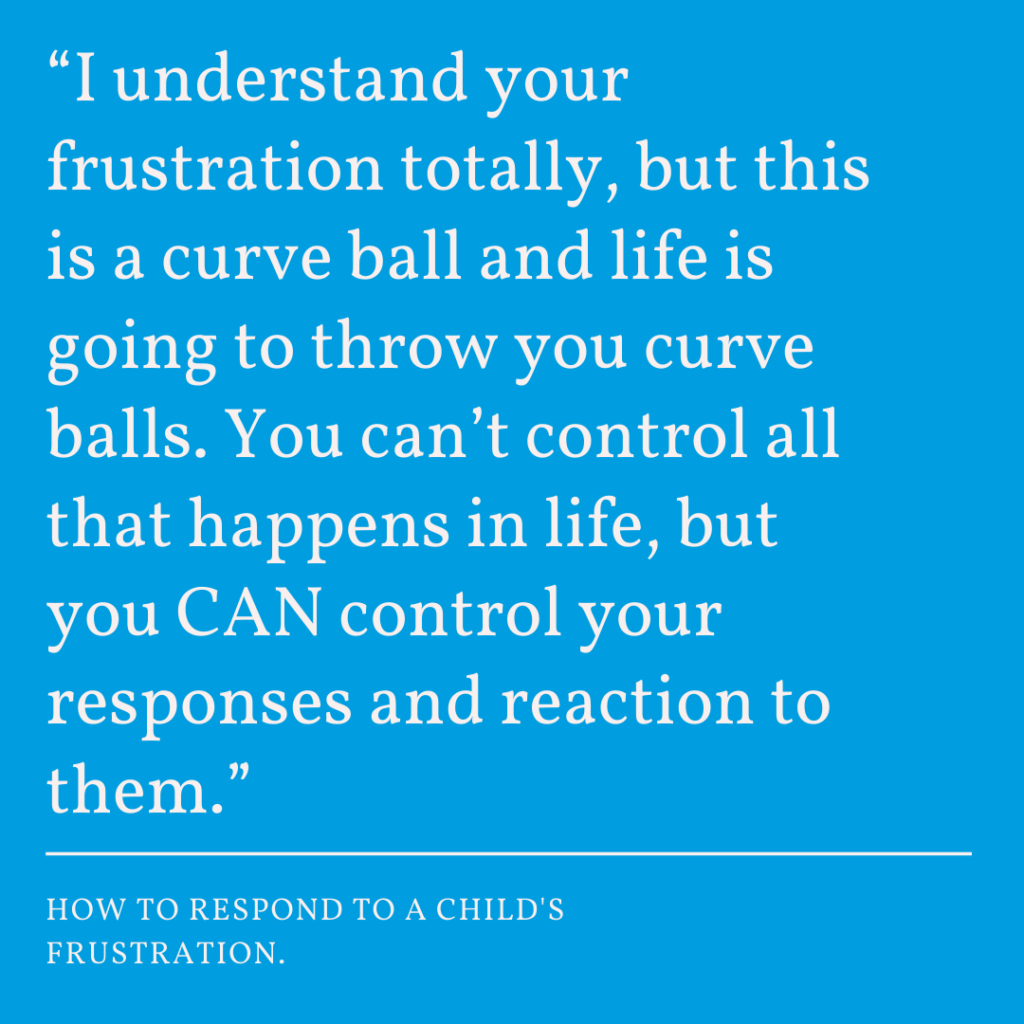
How can we help our children deal with disappointments due to Coronavirus Cancellations?
By Susan Tellone, RN, BSN, CSN, MSN
During this Coronavirus outbreak, a majority of what l I keep hearing on social media are the disappointments of children and their parents as events are canceled due to social distancing to try and keep the spread of this virus limited. We are certainly in a new day and with it comes so much adjustment and, yes, true disappointments for our children and ourselves.
How do we help them cope? What can we say to them as they realize their spring sport is not going to be played, that the prom may not happen, that graduation, science fairs, plays, class trips, national society inductions and so much more may be postponed or cancelled?
As adults struggle through this, children struggle so much more. We know how important it is to validate this disappointment and to allow them the “right” to their feelings. Don’t minimize it, these losses are real and they are deep. Yet, we can’t be over-dramatic either. These could be real “teaching moments” that could result in building resilient children who learn to adapt, adjust and bounce back. We must remember our children look to us to model, they watch our reactions and they take our lead. How you guide them through these moments will give them the tools they can use for the rest of their lives.
Experts agree to allow them the freedom to be disappointed and angry, it is not helpful to say things like, “It’s not the end of the world, there are starving children, look at the big picture.” It is more helpful to be in the moment with them let them explore their feelings, and validate them. Let them know it is OK to feel that way. You can say things like “I don’t blame you for feeling angry and disappointed” and allow them to express their frustration.
When you have to be the one to deliver the disappointing message, be careful not to catastrophize the news or minimize it. Give it to them in a factual way, like,” I just got an email from the school and it looks like the play is cancelled.” Tell them as the news comes in, don’t hold on to it and deliver it in a calm, matter-of-fact way. If you wait too long to give them the bottom line, the more dramatic it can feel.

After the news is delivered, and they have vented their frustration, help them adjust to the new normal. You can say things like, “I understand your frustration totally, but this is a curve ball and life is going to throw you curve balls. You can’t control all that happens in life, but you CAN control your responses and reaction to them.”
Don’t be surprised if their reaction is intense. The child and adolescent brain is not fully developed until age 24, so you may see kids reacting with pure emotions. Teens can be even more upset because they have the life experience to know that they can’t get this time back in their lives.
Don’t underestimate how hard this can be on you as parents. Managing your own disappointments and feelings of helplessness as you watch your kids struggle with the news such as their birthday party being cancelled. You also feel like you are missing out on important moments in your child’s life. Remember to take time for you and self-care. Give yourself some time alone in a quiet room in the house, do any home exercise, talk with friends or take time to write or listen to music. Remember we are models for our children, they are watching our reactions and responses.
Helping Children understand that the world is making sacrifices for the sake of the community at large and their contributions are important to the community can help build a sense of importance and develop resiliency and grit.
“When the going gets tough…. The tough get going!” We will get through this… TOGETHER!

